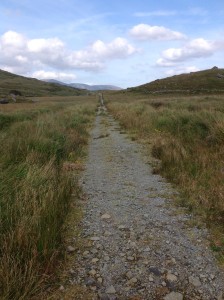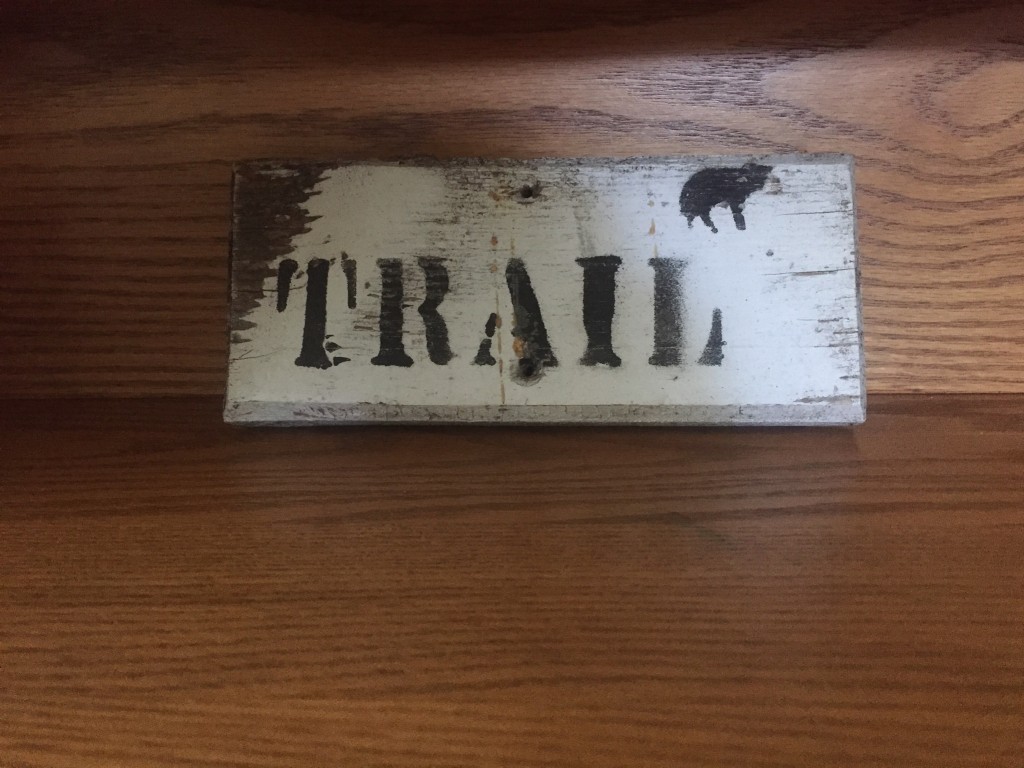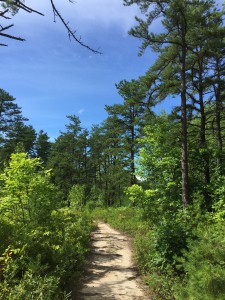Beyond the small tribe of relations and friends who greet me by name, it can be tough to find the lovable. On my way to work today, a cyclist snarled at me because I rolled up to a stop sign and then, seeing no one, pulled out on to the road; the cyclist, who was riding against traffic, and so, was on the wrong side of the road, took umbrage at having to brake as I turned onto the street. My heart rate shot up, and I was tempted to turn and follow him, give him my 3 cents worth for his 2. A few minutes later, an impatient fellow motorist honked twice when I wouldn’t accelerate through a yellow-light-going red; beside me as I fumed was a truck with a spent muffler and a confederate flag flying behind the cab. I was pretty sure whoever was driving behind the tinted window was chronically angry.
Once in the little room where I write, I thought it wise to avoid reading the news sites I also frequent. Aside from occasional visits to the apparently tiny land of Altruism, most of the copy there features a mix of trouble and small-fisted posturing. Where to turn?
One tough-minded place is a section that many skip over at the end of Walden’s long first chapter, Economy. After laying out his sense of the state of the world and asking his readers to examine how they configure their lives, Thoreau turns to the problem of how to love his neighbors, or how to be among them: what joins the “phil” with “anthropy?” he asks. Is it even possible, you may ask.
Predictably, Thoreau dismisses the most common philanthropy, giving money or others resources to someone in need. He pays particular attention to a system of giving, to ongoing support that one might offer to a poor family, for example; we would call it welfare. What, other than dependency, does this accomplish? he wants to know.
Already, early in my reading, I have left liberal-land, or left the left and its redistributive government.
I am among the free-range libertarians now. Out here in I-land, one form of love is leaving, leaving others alone, letting them “be.” Perhaps then that “being” is the route to “becoming”; perhaps then each can become self according to individual “genius.” Perhaps.
Having passed through and then worked in the liberal academy, I am suspicious; I fear an anarchy of “I,” which means I fear the loosing of our worst tendencies, which I must see as central to who we are. And yet, as is amply clear, the current order has been bent to those tendencies anyway.
“What have you got to lose?” I say to myself, and my flesh crawls at unintentional quotation. Is there really overlap between the life of someone I revere and the most narcissistic candidate I’ve ever seen?
But then, when I consider Philanthropy’s question – how best do I love other people – I find solace: Henry Thoreau saw it as serious question; it informed all his writing, as he sought and succeeded in bringing us news of the universe. In the narrow mind of the candidate whose name I will not mention, the question seems subverted into this one: How best to love myself and have others do so too? I’ll leave that question in little hands.
I return then to Thoreau’s final pages of “Economy.” There, he writes,
If, then, we would restore mankind by truly Indian, botanic, magnetic or natural means, let us first be as simple as Nature ourselves, dispel the clouds which hang over our brows, and take up a little life into our pores. Do not stay to be an overseer of the poor, but endeavor to become one of the worthies of the world.




